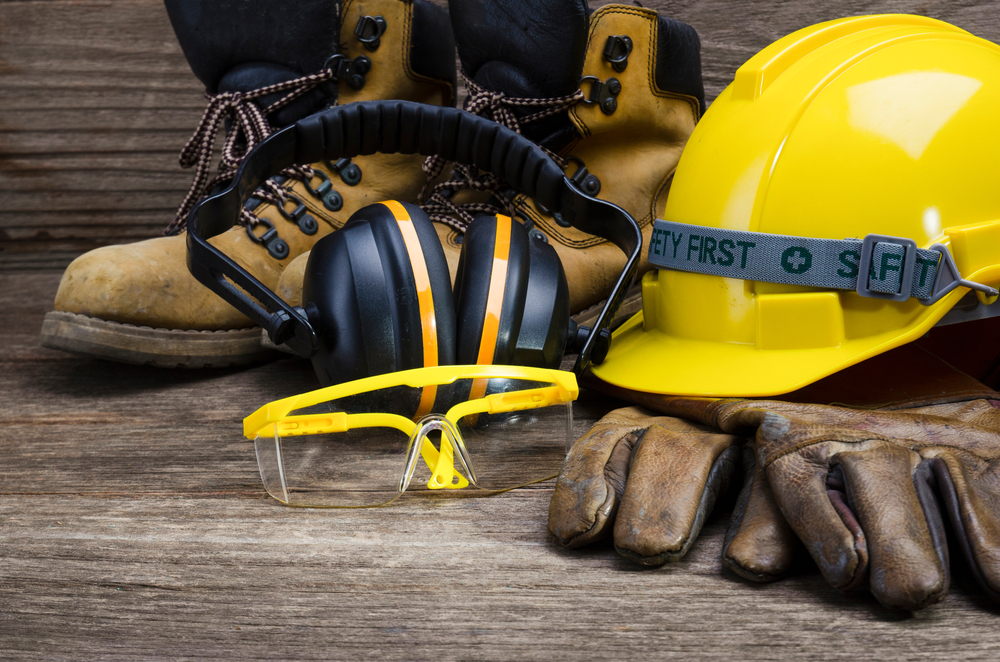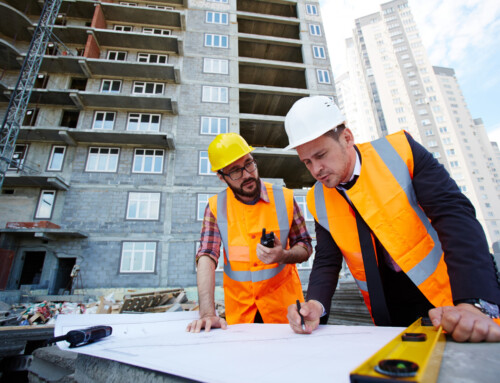Whether working as a heavy equipment operator or hiring one for your construction company, it is crucial to be familiar with the proper safety guidelines. The following safety tips are the most important for workers in this role.
Proper Training Is Essential for Heavy Equipment Operators
The most important safety tip is that anyone operating heavy equipment MUST undergo the appropriate training. This training should combine practical lessons and those in a classroom.
The training should include:
- Safe maneuvering.
- Safety features.
- Identifying hazards.
- Capacities.
- Secure mounting and dismounting.
- Proper start-up procedures.
- General safety.
Have Refreshers When Necessary
Training for heavy equipment operators should not be a one-time thing. There should be occasional refresher courses. Additional training is essential if anyone notices the operator not following safety procedures.
Don’t Go Over the Load Limits.
Just attending training is not enough; you must also follow what you learn. It is essential to pay attention to the load limits and capacities of the equipment.
Even if there is pressure to complete tasks more quickly, do not try to do so by sacrificing safety. Instead of finishing a job faster, you would risk your life and the lives of those by you, as well as risk damaging the materials in question or the equipment.
Always Pay Attention to Surroundings
One of the most critical safety topics covered in training should be the importance of being aware of your surroundings. This is essential regardless of the type of heavy equipment.
It includes items on the ground as well as that overhead. For example, if you are working outside, you need to know power lines or tree branches. No matter where you are, you must be aware of nearby people or objects on the ground.
Keep Communication Open
Heavy equipment operators should keep communications with other team members open to supplementing their awareness of their surroundings.
Specifically, everyone should know when and where the machine will be operated and how far away to stay.
Operators should also have a two-way radio or other similar communication devices. This will ensure that you can communicate with them even on a loud work site or in the enclosed cabin of the equipment.
Inspect the Equipment Before Using It
The inspection should include:
- Checking tracks and tires for wear or damage.
- Checking engine oil, oil, and hydraulic fluid levels.
- Confirming attachments are secure.
- Checking hydraulic booms, buckets, and hoses for damage or cracks.
- Confirming all lights, backup alarms, gauges, and horn work.
- Ensuring all buckets, shovels, and arms extend fully.
- Confirming the cab rotates.
Wear the Proper Safety Gear
Just like you need to wear a seat belt when driving, you should also wear one when operating construction equipment.
On top of that, wear other necessary safety gear, such as your boots and hard hat.
How can we help you?
Searching for an opportunity in the construction industry? Contact The Birmingham Group’s team of seasoned commercial construction recruiters today to discuss your career path or browse our open positions.
Are you a hiring authority in need of construction talent? Submit a search request today.
–





